Let’s talk about acupuncture. We’ve heard it at one point in our lives but what is it?
We all know that the Chinese have great reasonable treatment for various diseases and sicknesses. But how exactly does it work? Is it due to their immensely unique diet or their native concoction?
What is Acupuncture?
Acupuncture involves the insertion of very thin needles through your skin at strategic points on your body. It has roots in traditional Chinese medicine (TCM) and is now a common complementary treatment.
I know what you may be thinking; why would one need to put needles in the skin? Well, this process is commonly used to treat pain and also stress management.
Acupuncture is a technique for balancing the flow of energy or life force. This treatment is believed to flow through pathways in your body. When inserting needles into specific points in the body, practitioners believe that your energy flow will re-balance.
Many Western practitioners view acupuncture points as places to stimulate nerves, muscles, and connective tissue. Some believe that this stimulation boosts your body’s natural painkillers.
SEE: Chinese Remedies for Natural Ailments
Why acupuncture?
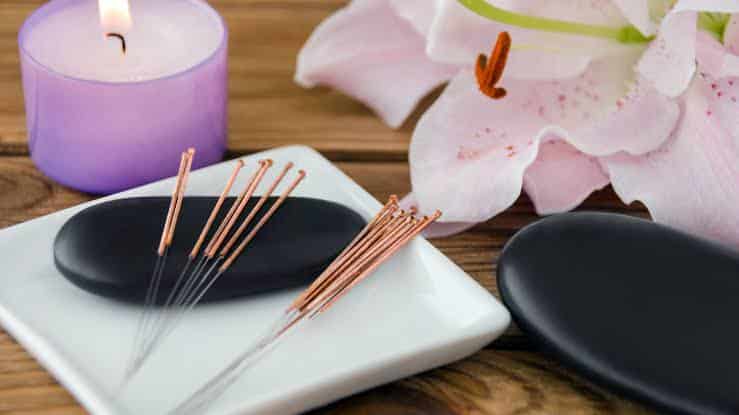
I don’t know about you but I could never use needles to treat pain. However, that’s a thing about me and my fear of needles.
Acupuncture is used mainly to relieve discomfort associated with a variety of diseases and conditions. These diseases include chemotherapy-induced and postoperative nausea and vomiting, fibromyalgia, menstrual pains, etc.
It can also assist in the treatment of:
- Migraine
- Peripheral neuropathy
- Rheumatoid arthritis
- Tendinopathy
- Osteoarthritis
- Respiratory disorders, such as allergic rhinitis
- Tennis elbow
How does acupunture work?
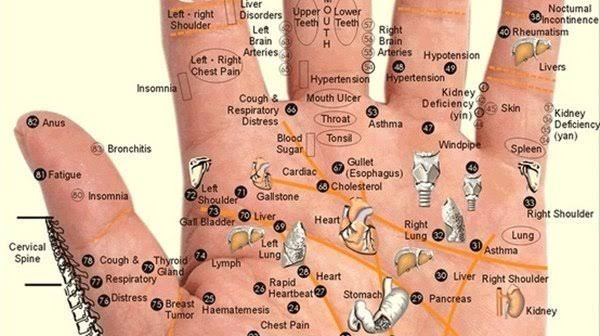
Many people have different ways they perform acupuncture.
During treatment, an acupuncturist inserts very thin needles into specific spots on the body. As you can imagine, the insertion of the needles usually causes little discomfort and pain. The typical treatment uses 5 to 20 needles.
To determine the type of treatment that will help you the most, your practitioner may ask you about your symptoms and behaviors. They are most likely to ask you about the aspect of your body that hurts; the shape, coating, and color of your tongue; as well as the strength, rhythm, and quality of the pulse in your wrist.
SEE: Best Teeth Whitening Kits in Nigeria
How Long Does Acupuncture Last?
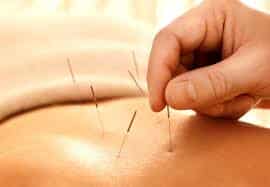
A session may take up to 60 minutes, although some appointments may be much shorter or longer. A common treatment plan for a single complaint would typically involve one or two treatments a week.
The number of treatments depends on the condition that is being treated and its severity.
In general, it’s common to receive 6 to 8 treatments.
SEE:
- Seven Natural Ways to Prevent Cancer
- 4 Food Synergy Ideas That Promote Health
- 20 Healthy Smoothie Recipes for a Delicious and Energizing Breakfast”
What to expect during Acupuncture
Acupuncture points are situated in all areas of the body. Do you know that the appropriate points are far removed from the area of your pain? Shouldn’t it be directly where the pain is? But who am I to judge? I do not know medicine.
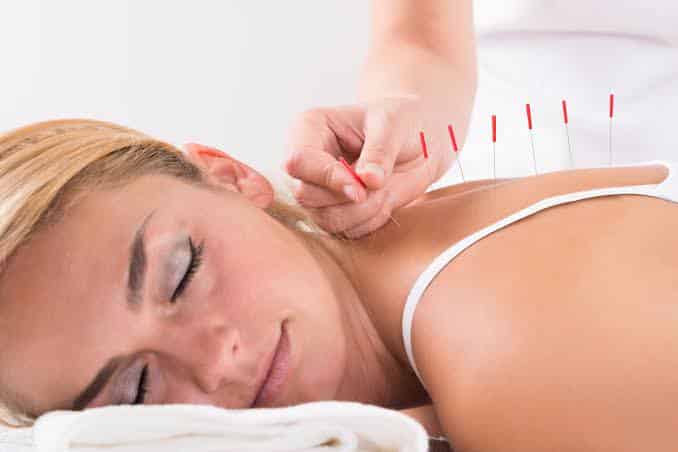
The acupuncture practitioner will go through the following treatment:
- Needle insertion: Acupuncture needles are inserted into various depths at strategic points on your body. The needles are very thin, so insertion usually causes little discomfort.
- Needle manipulation: The practitioner may gently move or twirl the needles after placement or apply heat or mild electrical pulses to the needles.
- Needle removal: In most cases, the needles remain in place for 10 to 15 minutes while you lie still and relax. There is usually no discomfort when the needles are removed.
After the procedure, some people feel relaxed while others feel energized.
However, one thing to note is that acupuncture doesn’t work for everyone. If your symptoms don’t begin to improve within a few weeks, acupuncture may not be right for you.
SEE:
What are the Results of Acupuncture?
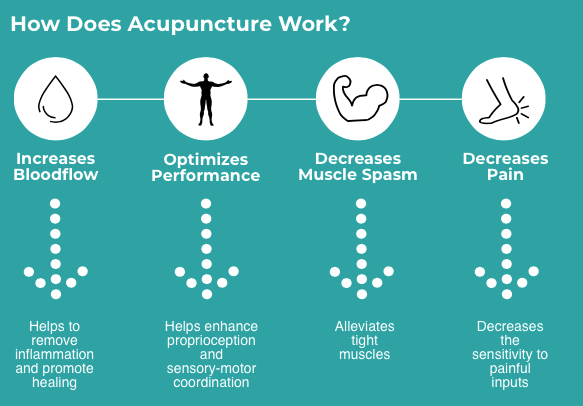
The benefits of acupuncture are sometimes difficult to measure, but many people find it helpful as a means to control a variety of painful conditions.
It is safe to say that acupuncture has a few side effects, which include:
- Bleeding, bruising, and soreness may occur at the insertion sites.
- Unsterilized needles may lead to infection.
- In rare cases, a needle may break and damage an internal organ.
As the saying goes “What is good for the goose is not always good for the gander” (I believe people say that). Acupuncture may not be right for everyone.
You should check with a physician to know if this is the right treatment for you.
